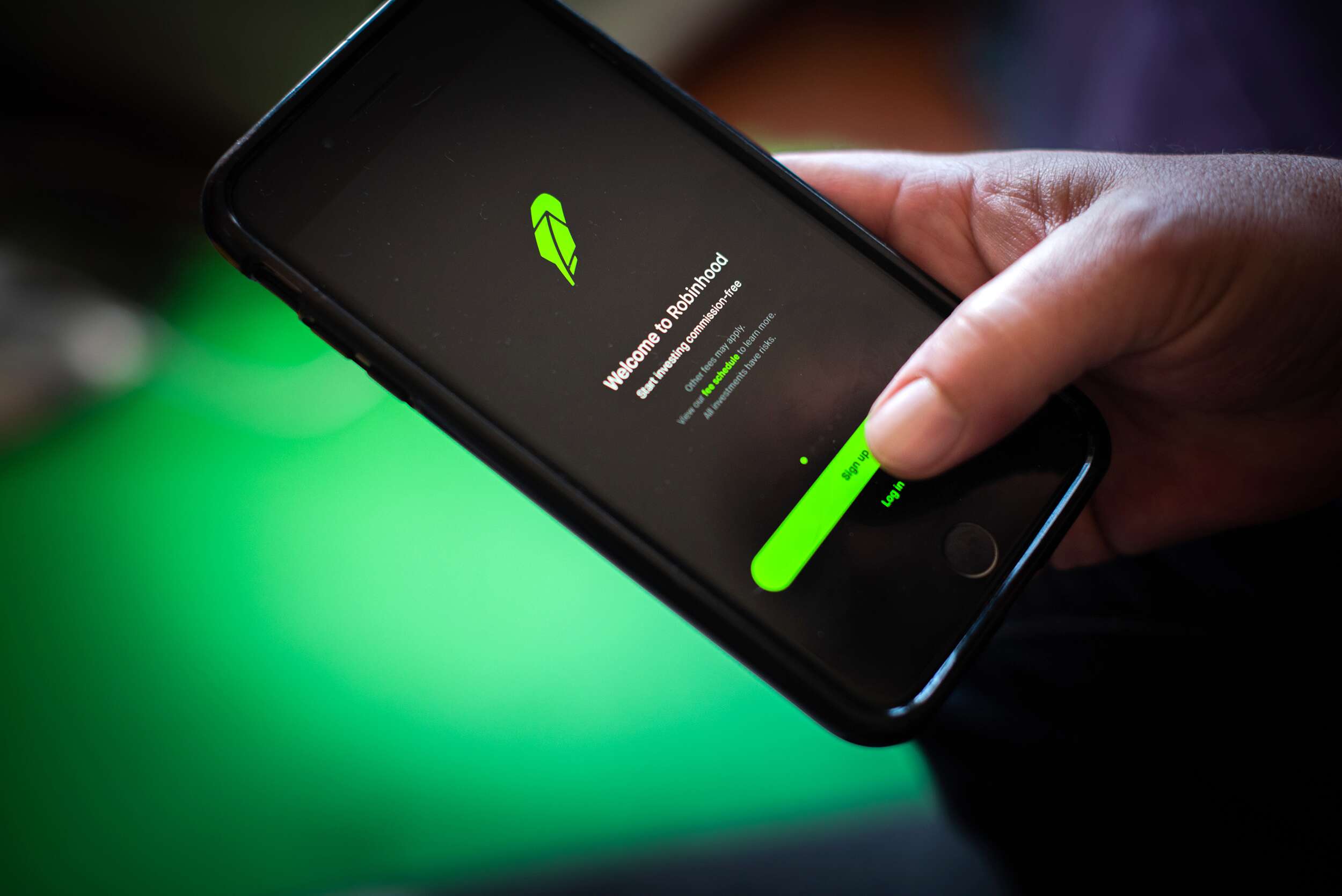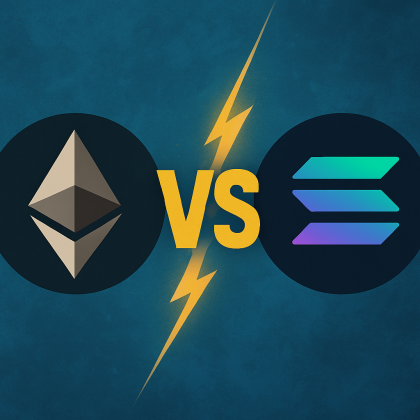Robinhood’s just released its second-quarter financial results, showing transaction trading revenue on the platform dropped about 18% from Q1. This comes about a month after Robinhood made the decision to delist Solana (SOL), Cardano (ADA), and Polygon (MATIC) in light of the SEC lawsuit against Binance and Coinbase.
Crypto Trading Volume And Revenue Drops
Robinhood is well-known for its stock trading platform, but the company has been making a big push into crypto over the past couple of years. Before delisting Solana (SOL), Cardano (ADA), and Polygon (MATIC), Robinhood users could trade 18 crypto assets on the app.
Although it has fewer assets than what other crypto exchange offer, crypto trading on Robinhood has piggybacked on the success of its stock trading. According to its balance sheet, the company has around $11.503 billion in user cryptocurrencies safeguarding obligation.
While sharing its Q2 2023 financial results, Robinhood showed that its transaction-based revenues decreased 7%, with cryptocurrencies decreasing 18% to $31 million. Last quarter, it made $38 million in crypto trading revenue.
Now, an 18% drop doesn’t sound like the end of the world, but for a high-growth company like Robinhood, any decline in a major revenue segment could probably roll into other sectors.
Why Did Robinhood Delist Three Major Altcoins?
Delistings of three altcoins in the top 15 cryptocurrencies by market cap in the middle of Q2 likely contributed to the drop in crypto trading volume. Robinhood ended support for these altcoins on June 27th, as they were identified as securities in recent legal proceedings initiated against Binance and Coinbase by the SEC.
Bakkt, another digital assets platform based in New York, also decided to delist Solana (SOL), Polygon (MATIC), and Cardano (ADA). Funny enough, these cryptocurrencies are still available for trading on Binance and Coinbase, as they have both rejected the SEC’s claims.
Company Turns ProfitableDespite losing some of its crypto trading revenue, financial results show Robinhood turned profitable in Q2. Total net revenues increased 10% sequentially to $486 million and net interest revenue increased 13% sequentially to $234 million.
Total net income was $25 million, compared to a net loss of $511 million in the first quarter of 2023. Assets Under Custody (AUC) increased 13% from Q1 to $89 billion after seeing a net deposit of $4.1 billion.
Robinhood’s stock seems to have reacted to the news, with the price down by 7.31% in the past 5 days. However, the stock’s price has done well in the past year, up 42.82% since January.










